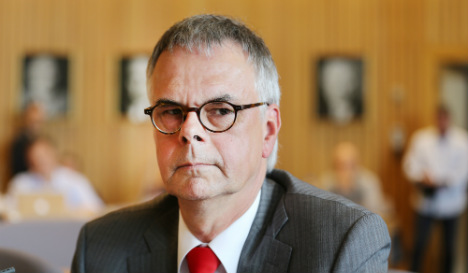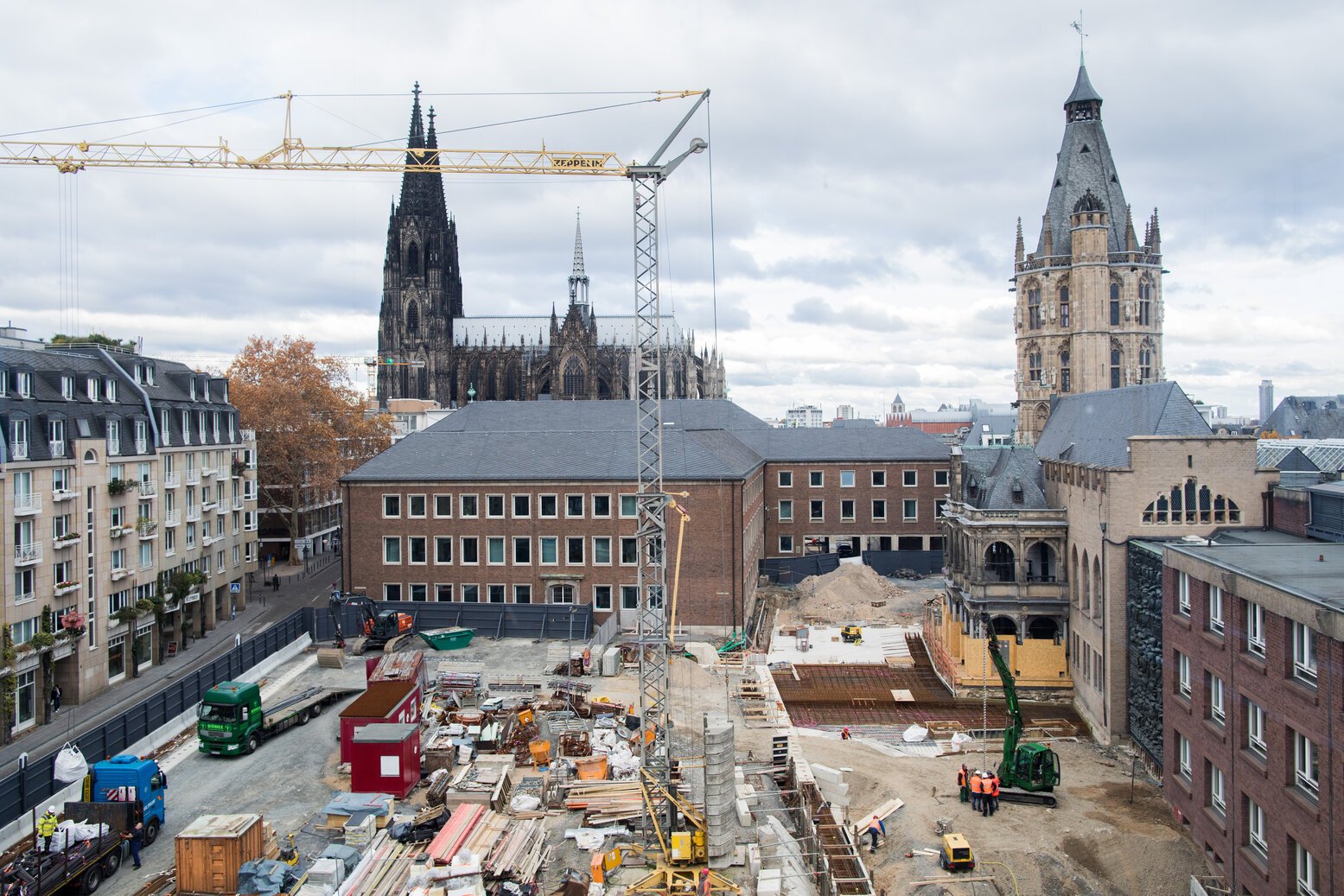Speaking on Monday to the committee investigating the events of New Year’s Eve in downtown Cologne, Wolfgang Albers said that the fact that his force had not been able to adequately protect women who fell victim to sexual assaults moved him to this day, Die Welt reports.
Cologne Mayor Henriette Reker sacked Albers in early January after accusing the police force of concealing “politically sensitive” information from her and from the public in the wake of mass sexual assaults on hundreds of women.
The Rhine city's police have more recently conceded that they had almost half the number of officers on duty during the assaults as they had originally claimed.
A police report published the day after the attacks claimed 140 officers were present at the scene, when in fact at most only 80 were present.
“I beg the victims for forgiveness,” Albers told the committee, pointing out that sexual assaults are particularly humiliating and injurious crimes.
But at the same time, the ex-police chief tried to absolve himself of direct blame, saying that he had been on holiday between Christmas and New Year.
“As such I was not involved in the concrete planning for this operation,” he said.
In February the state of North Rhine-Westphalia launched an enquiry into the how such large numbers of sexual assaults and other crimes were allowed to happen.
Hundreds of women have since come forward to say they were sexually assaulted by groups of men near the city’s central station.
The attackers were normally described as being on North African appearance and the suspects in police investigations since have largely been identified as Moroccan, Algerian and Tunisian.



 Please whitelist us to continue reading.
Please whitelist us to continue reading.